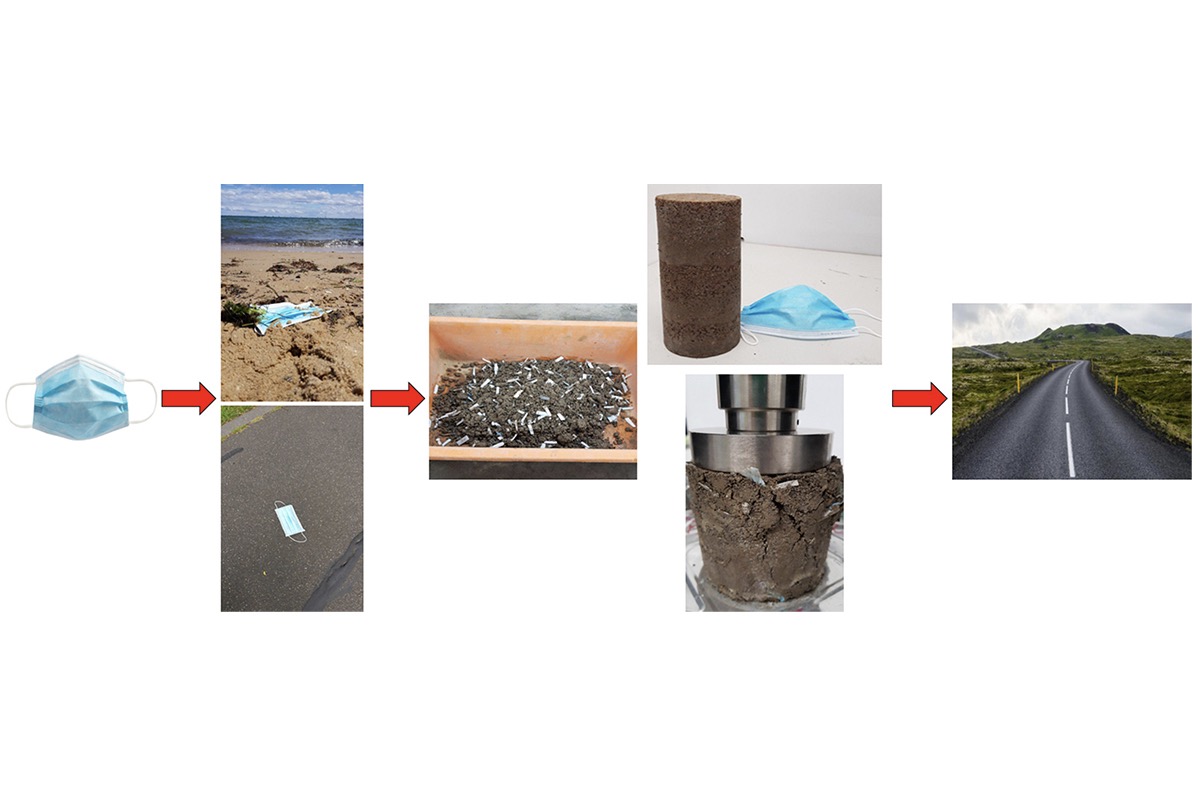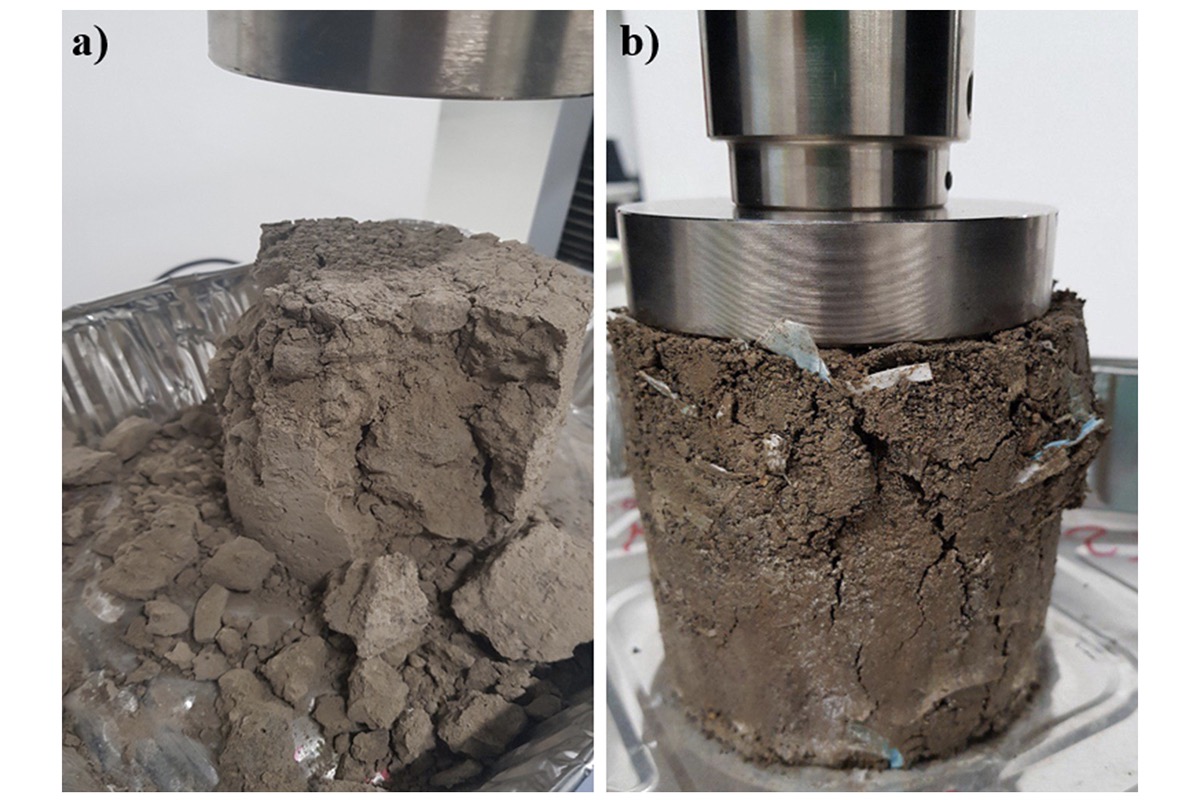The face masks you throw away can be converted into asphalt
The pandemic forced changes in our daily life, and some of them continue. Among them is the use of face masks. Most countries still require people to wear them in public.
But while this accessory is essential in terms of human health, it is terrible for the planet. Of the 3.4 billion single-use masks that are thought to be discarded each day, more than 1.5 billion end up in the sea each year, according to Ocean Asian. This ONG estimates that this material takes more than 400 years to decompose.

The good news came a few months ago, from Australia. A group of scientists at RMIT University in Melbourne announced the conclusions of research into using all those masks in the construction of highways.
Highway asphalt is manufactured through a process using recycled concrete aggregate (RCA: waste material from construction sites) to make up 99% of these roads. The remaining 1% comes from surgical masks that have previously been shredded into pieces no larger than 0.5cm by 2cm. Before shredding them, the rubber bands that hold them in place around the ears, and the metal clips around the nose, are removed.
According to the team leading the project, which was presented in the magazine ScienceDirect, the incorporation of these face masks makes the paving material more ductile, flexible and stronger. These conclusions were reached after subjecting this new asphalt to tests of its resistance to water and stress, and to see how it reacted to possible deformation during use.

In addition to possibly solving the problem of recycling face masks, the Australian researchers feel that initiatives like this one can provide a much more sustainable alternative to the use of natural resources in civil engineering works. They say the construction sector is responsible for generating almost half of the world’s waste products.